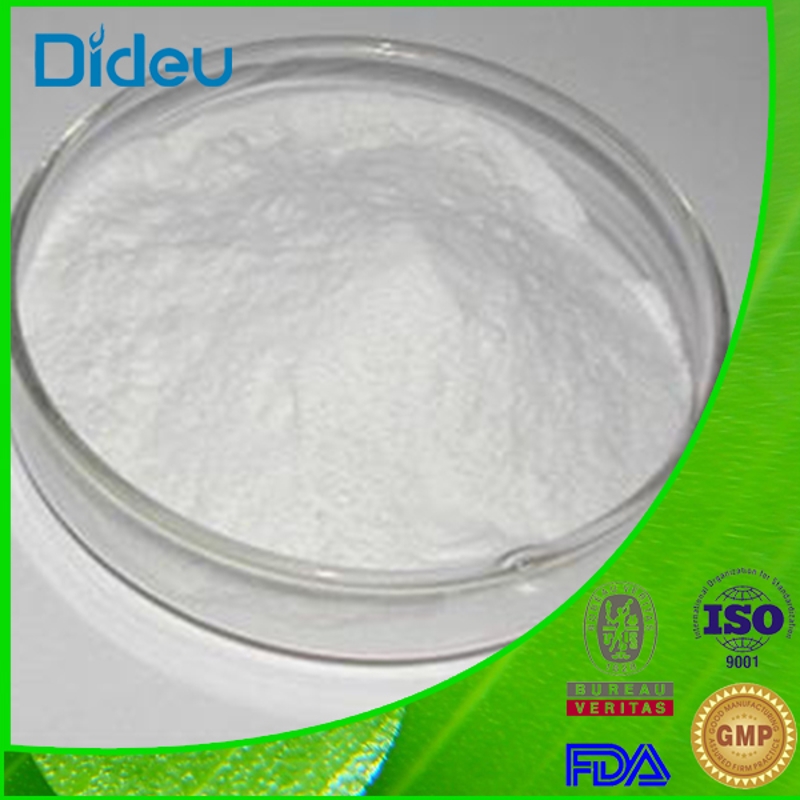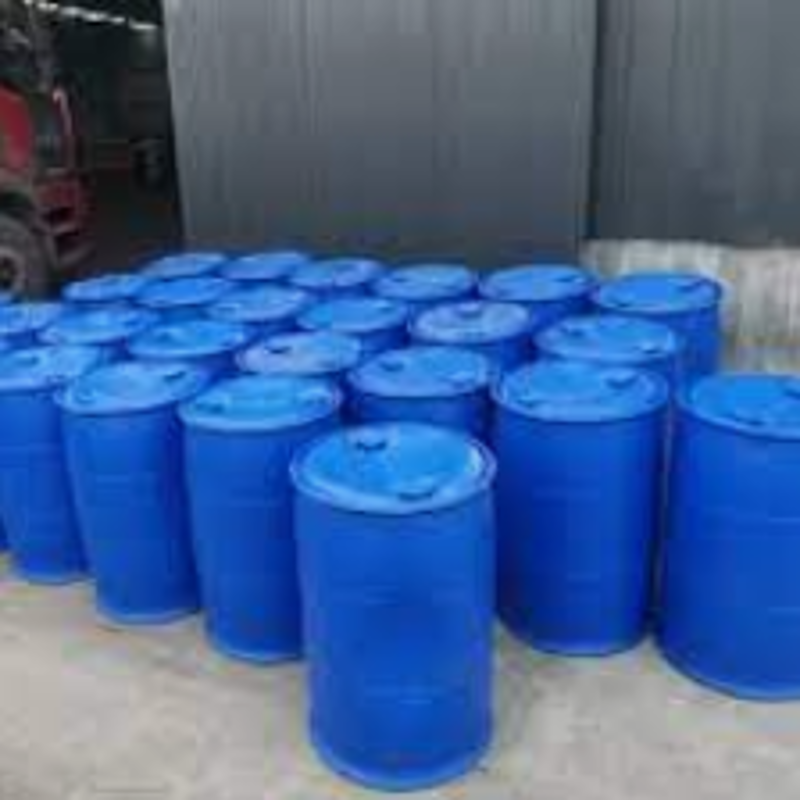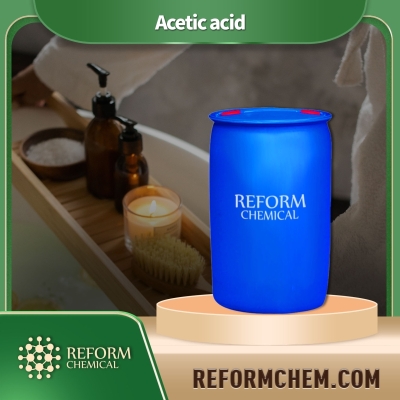-
Categories
-
Pharmaceutical Intermediates
-
Active Pharmaceutical Ingredients
-
Food Additives
- Industrial Coatings
- Agrochemicals
- Dyes and Pigments
- Surfactant
- Flavors and Fragrances
- Chemical Reagents
- Catalyst and Auxiliary
- Natural Products
- Inorganic Chemistry
-
Organic Chemistry
-
Biochemical Engineering
- Analytical Chemistry
-
Cosmetic Ingredient
- Water Treatment Chemical
-
Pharmaceutical Intermediates
Promotion
ECHEMI Mall
Wholesale
Weekly Price
Exhibition
News
-
Trade Service
Coronavirus disease 2019 (COVID-19), caused by acute severe respiratory syndrome coronavirus 2 (SARS-CoV-2), was first discovered in December 2019.
Patients with COVID-19 will have a series of symptoms of respiratory infections.
Because COVID-19 is extremely infectious, COVID-19 quickly attracted worldwide attention and caused great panic.
In the first few weeks of the COVID-19 outbreak, the number of people infected has risen sharply because it has not attracted enough attention, and it spread quickly to many countries.
As of January 7, 2021, there have been 85 929 000 confirmed cases of COVID-19 worldwide, and the death toll from COVID-19 has reached 1,876 100 ( diseases/ novel -coronavirus-2019).
The number of people infected with COVID-19 is still rising worldwide.
The incubation period of COVID-19 is between 1 and 14 days, usually between 3 and 7 days.
The main symptoms include fever, headache, dry cough and chest tightness.
Many COVID-19 patients also have symptoms such as sore throat, diarrhea, nasal congestion and runny nose.
Severe COVID-19 patients often have difficulty breathing within one week of onset.
The most severe COVID-19 patients will quickly develop acute respiratory distress syndrome (ARDS), severe acute lung injury, septic shock, metabolic acidosis, and coagulopathy (visible on biopsy and autopsy).
At present, through randomized, controlled and open clinical studies, people have found that some drugs (such as Redecivir and Dexamethasone) are effective in the treatment of COVID-19.
What is exciting is that preliminary clinical trials have shown that some vaccines are safe, tolerable and immunogenic.
Many research institutions are currently developing vaccines for COVID-19.
For example, the BNT162 mRNA vaccine sponsored by Pfizer Inc.
and Unicorn (BioNTech SE); the chimpanzee adenovirus vector vaccine ChAdOx1 nCoV-19 (AZD1222) sponsored by AstraZeneca; Cambridge, headquartered in Massachusetts The state-based biotechnology company Moderna Inc.
and the National Institute of Allergy and Infectious Diseases (NIAID) jointly developed the mRNA-1273 vaccine.
Adenovirus serotype 26 (Ad26) vaccine developed by Janssen Vaccines & Prevention BV, a subsidiary of Johnson & Johnson; BBIBP-CorV vaccine developed by Beijing Institute of Biological Products; developed by Beijing Kexing Zhongwei Biotechnology Co.
, Ltd.
CoronaVac vaccine and the NVX-CoV2373 vaccine sponsored by Novavax, Inc.
.
But so far there is no specific medicine for COVID-19.
On January 25, 2021, Clinical and Translational Medicine published online the latest results of the team of academician Li Lanjuan of Zhejiang University "Evaluation of the safety and efficacy of using human menstrual blood-derived mesenchymal stromal cells in treating severe and critically ill COVID-19 patients : An exploratory clinical trial"[6] (
Patients with COVID-19 will have a series of symptoms of respiratory infections.
Because COVID-19 is extremely infectious, COVID-19 quickly attracted worldwide attention and caused great panic.
In the first few weeks of the COVID-19 outbreak, the number of people infected has risen sharply because it has not attracted enough attention, and it spread quickly to many countries.
As of January 7, 2021, there have been 85 929 000 confirmed cases of COVID-19 worldwide, and the death toll from COVID-19 has reached 1,876 100 ( diseases/ novel -coronavirus-2019).
The number of people infected with COVID-19 is still rising worldwide.
The incubation period of COVID-19 is between 1 and 14 days, usually between 3 and 7 days.
The main symptoms include fever, headache, dry cough and chest tightness.
Many COVID-19 patients also have symptoms such as sore throat, diarrhea, nasal congestion and runny nose.
Severe COVID-19 patients often have difficulty breathing within one week of onset.
The most severe COVID-19 patients will quickly develop acute respiratory distress syndrome (ARDS), severe acute lung injury, septic shock, metabolic acidosis, and coagulopathy (visible on biopsy and autopsy).
At present, through randomized, controlled and open clinical studies, people have found that some drugs (such as Redecivir and Dexamethasone) are effective in the treatment of COVID-19.
What is exciting is that preliminary clinical trials have shown that some vaccines are safe, tolerable and immunogenic.
Many research institutions are currently developing vaccines for COVID-19.
For example, the BNT162 mRNA vaccine sponsored by Pfizer Inc.
and Unicorn (BioNTech SE); the chimpanzee adenovirus vector vaccine ChAdOx1 nCoV-19 (AZD1222) sponsored by AstraZeneca; Cambridge, headquartered in Massachusetts The state-based biotechnology company Moderna Inc.
and the National Institute of Allergy and Infectious Diseases (NIAID) jointly developed the mRNA-1273 vaccine.
Adenovirus serotype 26 (Ad26) vaccine developed by Janssen Vaccines & Prevention BV, a subsidiary of Johnson & Johnson; BBIBP-CorV vaccine developed by Beijing Institute of Biological Products; developed by Beijing Kexing Zhongwei Biotechnology Co.
, Ltd.
CoronaVac vaccine and the NVX-CoV2373 vaccine sponsored by Novavax, Inc.
.
But so far there is no specific medicine for COVID-19.
On January 25, 2021, Clinical and Translational Medicine published online the latest results of the team of academician Li Lanjuan of Zhejiang University "Evaluation of the safety and efficacy of using human menstrual blood-derived mesenchymal stromal cells in treating severe and critically ill COVID-19 patients : An exploratory clinical trial"[6] (







